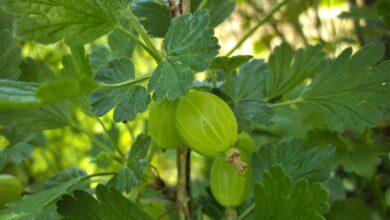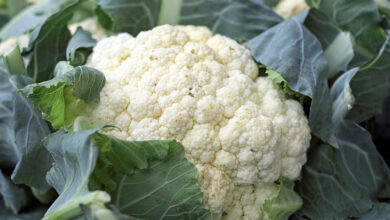Oranges: Health Benefits And Side Effects

The History Of Oranges In Nutrition
Orange is the most famous and widespread citrus. The fruits grow on an evergreen tree. Orange flowers are large, pleasantly scented, and are harvested for tea or sachets. According to some botanists, an orange may be a hybrid of a pomelo and a mandarin.
Initially, the orange tree looked very different. It was low, covered with thorns and had bitter-sour fruits. They were not eaten, but trees began to be cultivated because of the beautiful bright colour of the fruit. It happened in China in 2300 BC. Gradually, the Chinese crossed trees with the brightest and sweetest fruits, and received new varieties.
In Europe, the orange was recognized only in the 15th century. Everyone appreciated the unusual and beautiful fruit, and made attempts to grow a tree in a new climate. For this, special greenhouses had to be built to protect the overseas fruit from the cold. They were called greenhouses (from the word orange – “orange”).
We borrowed the Russian name “orange” from the Dutch. They called it “appelsien” – which literally translates as “an apple from China.”
The main suppliers of oranges are still countries with a hot tropical and subtropical climate: India, China, Brazil, and the warm states of America. In countries with a cold climate, oranges can only be grown in greenhouses, because the trees freeze in the open air.
The Health Benefits Of Oranges
Orange is extremely useful for beriberi, because it contains many vitamins in high concentration: C, A, E, vitamins of group B.
Pectin and fibre in the composition of the orange help with various diseases of the stomach and intestines. They envelop the mucous membrane, help to accelerate peristalsis in case of constipation, nourish beneficial microorganisms in the intestines. By the way, it is pectin that gives orange jam such a jelly-like structure.
Orange juice is also drunk with food to stimulate appetite, which will help to eat the right amount of food during an illness. Phytoncides in the composition of this fruit have an antibacterial effect. If you eat half an orange during a cold, weakness and weakness will recede a little, and you will recover faster.
Orange is not without reason called a solar fruit – there is a scientific basis for this. The peel of the fruit contains essential oils that are often used in aromatherapy and added to various ointments. Orange oil has a relaxing, sedative effect, while improving mood. According to statistics, the smell of orange is in third place among the most popular fragrances. It is second only to chocolate and vanilla.
The positive effect of orange on the heart and blood vessels is also known. Anthocyanin’s in the composition of this fruit have an antioxidant effect, protecting cells from the harmful oxidative process. Flavonoids reduce the risk of cardiovascular disease by reducing vascular fragility. They also prevent the formation of blood clots by inhibiting the process of blood clotting and increasing the elasticity of red blood cells.
The Composition And Calorie Content In Oranges
| Calories per 100 grams | 43 kcal |
| Squirrels | 0.9 g |
| Fats | 0.2 g |
| Carbohydrates | 9 g |
The Side Effects Of Oranges
Any citrus fruits are a strong allergen; this fruit should not be given to children under one year old. Non-allergic people can be given to try oranges after a year, children prone to allergies – not earlier than three years.
“Orange has a high acidity, which is bad for tooth enamel. For those who have problems with enamel and the risk of its destruction is high, it is better to rinse your mouth after eating an orange. Or you can drink the juice through a straw to protect your teeth.
For the same reason, people suffering from ulcers, gastritis, and high acidity of gastric juice should not drink freshly squeezed orange juice on an empty stomach or eat fruits. It is better to eat fruit after a meal, and only in remission.
The Use Of Oranges In Medicine
In modern medicine, orange oil, extracted from the peel, is mainly used. It is actively used in aromatherapy and is added to various cosmetics.
Drinking juice and eating oranges is also recommended for weakened people with beriberi. Useful oranges and retention of bile, urine, constipation; since the fruits have a light urine – choleretic effect and accelerate intestinal motility.
The popular ability of the orange to “burn fat” during orange diets is not scientifically substantiated. Indeed, the substance naringin in the composition of this fruit can reduce appetite and cause the liver to start fat-burning processes. But in a small dose, this effect is not noticeable at all, and a couple of oranges, on the contrary, will awaken the appetite. Eating a few dozen fruits for weight loss is unlikely to be a reasonable decision.
In folk medicine, leaves, orange peel are used in the form of decoctions as a sedative.




